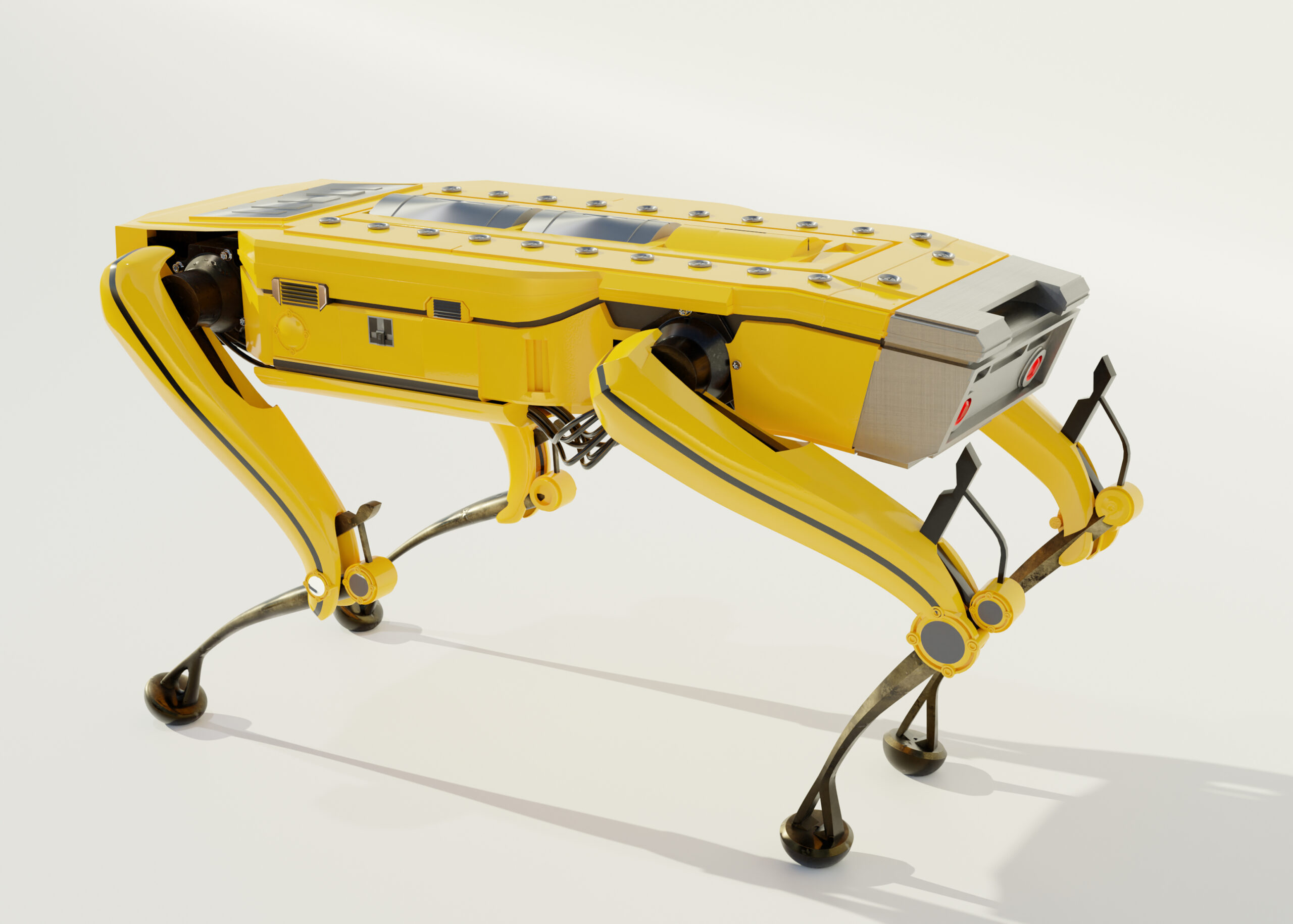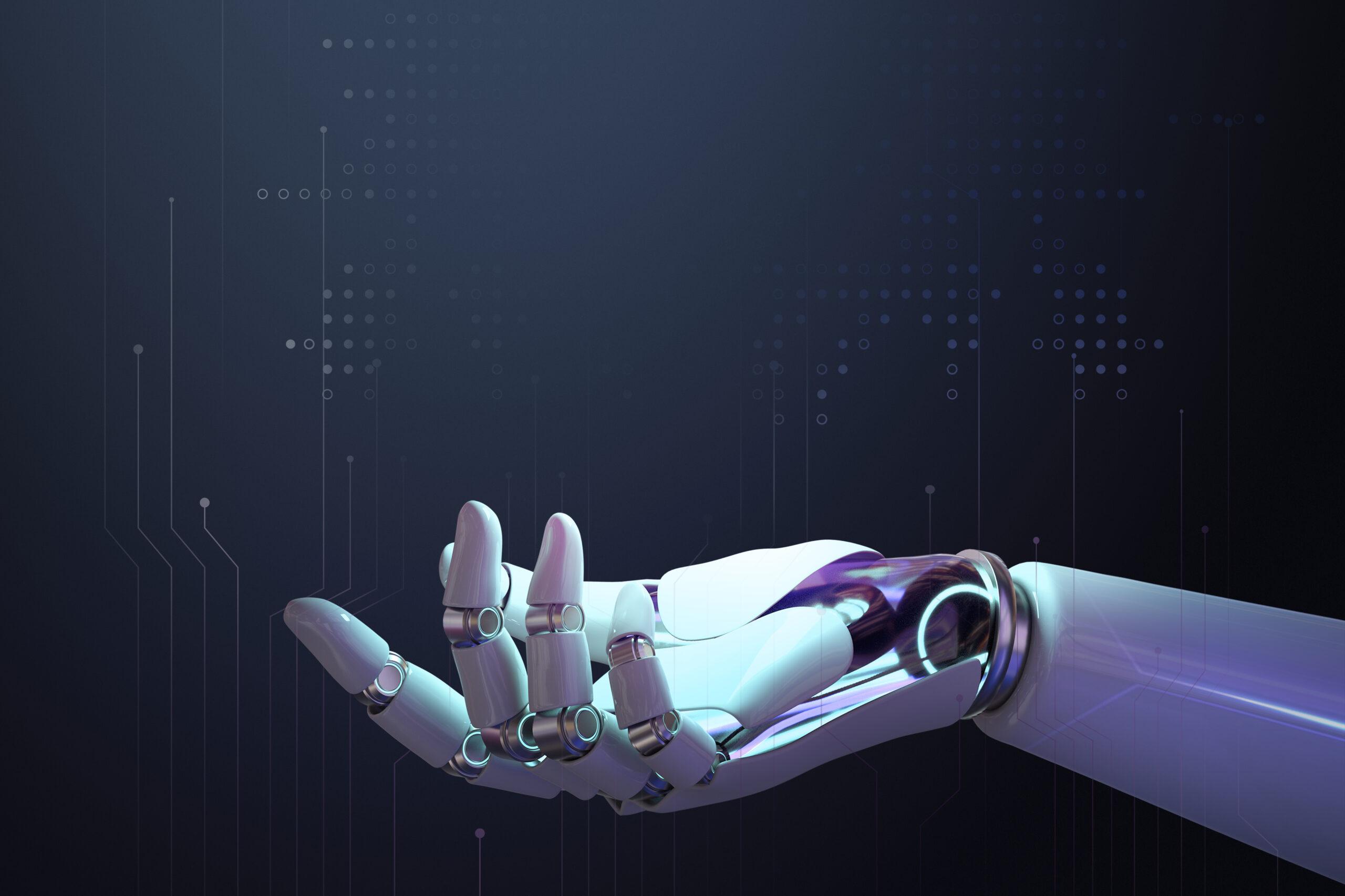As robotics and artificial intelligence (AI) become more advanced, they bring incredible opportunities for progress. From healthcare to transportation, these technologies are making life safer, easier, and more efficient. However, with great power comes great responsibility. The rise of robotics and AI raises several ethical concerns that must be addressed to ensure they benefit humanity without causing harm.
Job Displacement and the Future of Work
One of the biggest ethical debates is whether robots and AI will replace human workers. In industries like manufacturing, logistics, and even customer service, automation has already reduced the need for human labor. While new jobs are created in areas like programming and robot maintenance, many fear that millions of people may be left unemployed or underemployed. The ethical challenge is finding ways to reskill workers and ensure fair opportunities in an AI-driven world.
Privacy and Data Security
AI-powered robots often rely on collecting and analyzing large amounts of data. For example, healthcare robots monitor patients’ vital signs, while smart assistants record voice commands. This raises concerns about who owns the data, how it is stored, and whether it could be misused. A lack of proper data protection could lead to breaches of privacy, surveillance issues, and loss of trust in these technologies.
Bias and Fairness in AI
AI systems are only as unbiased as the data they are trained on. If the data contains hidden biases, the AI may make unfair or discriminatory decisions. For example, a biased AI system in hiring could favor one group over another, or a facial recognition robot might struggle to identify people of certain ethnic backgrounds. Ensuring fairness and inclusivity in AI and robotics is an ongoing ethical challenge.
Human-Robot Interaction
As robots become more human-like, ethical concerns about human-robot relationships emerge. Should robots be designed to mimic human emotions, and if so, could this mislead people into forming unhealthy attachments? For instance, elderly patients may grow emotionally dependent on companion robots, raising questions about whether robots should replace genuine human care. Balancing human interaction with robotic assistance is a delicate issue.
Safety and Responsibility
Another critical concern is responsibility in the event of accidents. If a self-driving car causes a crash or a surgical robot malfunctions, who is to blame—the manufacturer, the programmer, or the user? Establishing clear laws and accountability systems is necessary to prevent misuse and ensure safety.
Military and Security Applications
Robotics and AI are also being developed for military use, including autonomous drones and robotic weapons. This raises ethical questions about whether machines should be allowed to make life-or-death decisions on the battlefield. The possibility of robots being weaponized is one of the most controversial topics in technology today.
Conclusion
While robotics and AI hold enormous potential, they also raise serious ethical concerns. Issues like job displacement, privacy, bias, human dependence, safety, and military use must be addressed with caution and responsibility. Policymakers, technologists, and society at large need to work together to create ethical guidelines and laws that protect human rights while encouraging innovation.
If used responsibly, robotics and AI can improve our lives. But without careful consideration of these ethical concerns, they may also create new challenges that outweigh their benefits.


